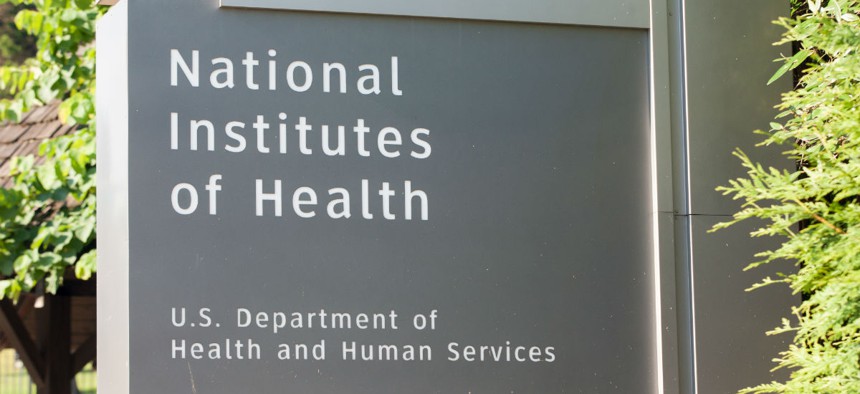
Mark Van Scyoc / Shutterstock.com
Duke University Pays $112 Million to Settle Federal Grant Fraud Case
Justice announces resolution of researchers’ false claims to NIH and EPA.
Resolving a five-year-old case exposed by an academic whistleblower, the private Duke University agreed to pay the federal government $112.5 million to settle a charge that a researcher submitted falsified or fabricated data, the Justice Department announced on Monday.
The whistleblower will receive $33,750,000 of the funds.
Under 30 grants from 2006-2018 awarded by the National Institutes of Health and the Environmental Protection Agency, a Duke lab technician doing experiments on the lung functions of mice “submitted applications and progress reports that contained falsified research,” Justice said.
Duke discovered the misconduct in 2013 in its Airway Physiology Laboratory after the technician was fired for embezzling from the university. A lawsuit was filed by Joseph Thomas, a former Duke employee, under the qui tam provisions of the False Claims Act.
The payment to the government includes both reimbursement for grants received as a result of the faulty data and associated penalties, the university confirmed in a Monday statement.
“The resources utilized by NIH and EPA to fund important research and clinical programs across the nation are limited,” Justice Department Civil Division Assistant Attorney General Jody Hunt said. The settlement “demonstrates that the Department of Justice will pursue grantees that knowingly falsify research and undermine the integrity of federal funding decisions.”
Following the original allegations, the university then reviewed more than 50 grants that might have been affected. Duke said it then reported the fraud to the agencies and “repaid the embezzled funds along with all grant-funded compensation and benefits that had been paid to the technician.”
In response to the settlement, Duke retracted scientific publications that relied on the data. And it announced an ongoing and new series of remedial steps in its research, education, training, oversight and accountability efforts, including a new advisory panel and a new vice dean for scientific integrity.
“We expect Duke researchers to adhere always to the highest standards of integrity, and virtually all of them do that with great dedication,” university President Vincent Price said. “When individuals fail to uphold those standards, and those who are aware of possible wrongdoing fail to report it, as happened in this case, we must accept responsibility, acknowledge that our processes for identifying and preventing misconduct did not work, and take steps to improve.”
The claims settled by the agreement do not constitute the university admitting liability.
The investigation and settlement came after a coordinated effort by the Justice Civil Division’s Commercial Litigation Branch, the U.S. Attorney’s Offices for the Middle District of North Carolina and the Western District of Virginia, and the inspectors general for the Health and Human Services Department and EPA.







